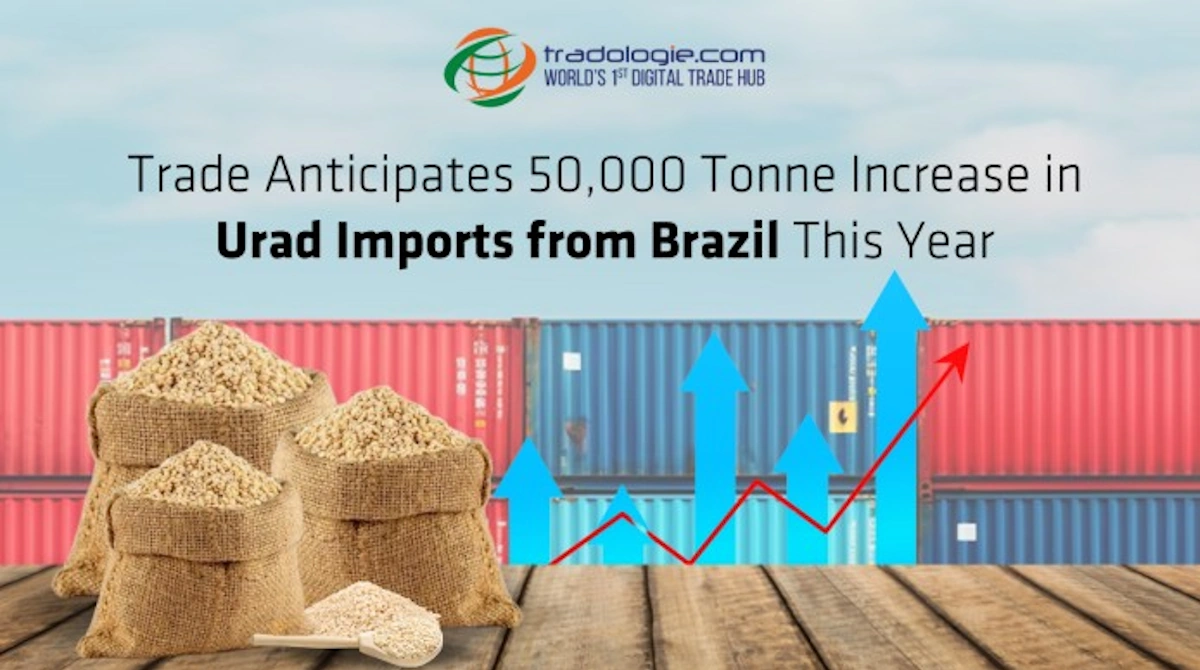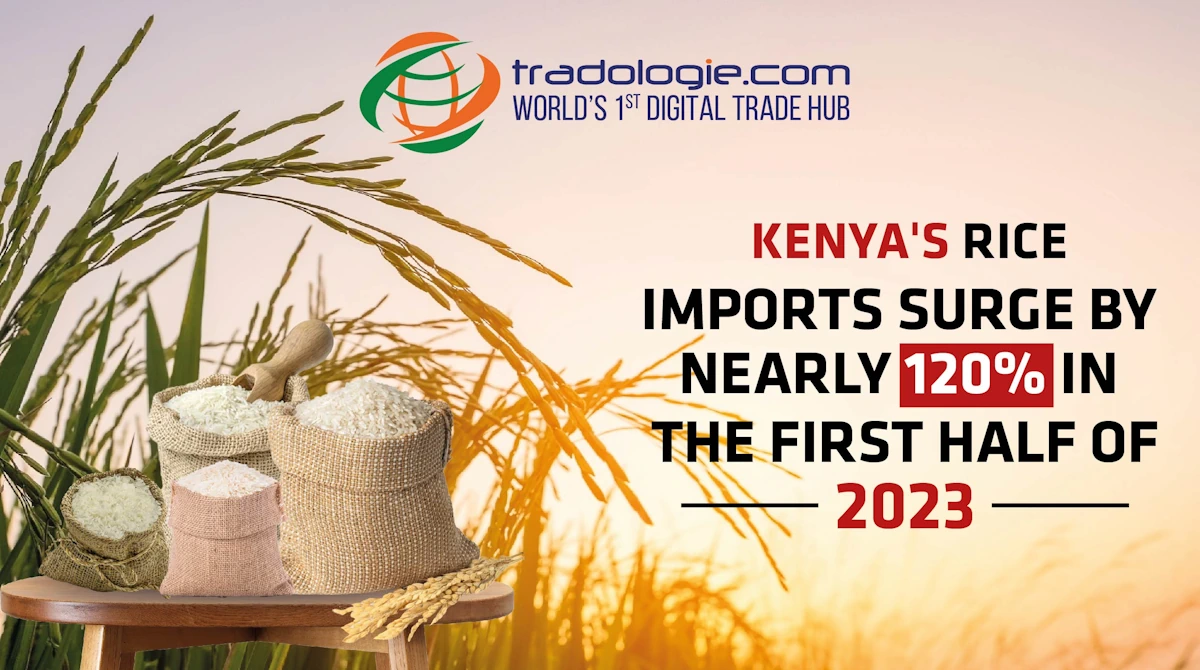The high tariffs imposed by the Trump Administration on Chinese goods could lead to a reduction in soybean seed and edible oil prices globally, according to traders and importers.
These tariffs, coupled with China's retaliatory measures, may discourage Chinese importers from purchasing goods from the US, thereby impacting demand and pricing trends for US soybean oil.
Impact of Tariffs on US Soybean Oil:
With China being the largest importer of US soybean oilseeds, any reduction in imports could lower demand, causing global prices to decline. Analysts note that as US soybean prices fall, the effect is likely to ripple through international markets. In response, China might pivot to sourcing soy oilseeds from alternative suppliers like Brazil and Argentina.
Implications for Bangladesh's Market:
Bangladesh, which annually requires about 25 lakh tonnes of edible oil, sources approximately 45% of this from the US. Currently, soybean prices have been trending downward, with global rates at $480 per tonne, a drop from $530 per tonne six months ago. Md Taslim Shahriar, Deputy General Manager at Meghna Group of Industries (MGI), indicated that further reductions might occur if the Russia-Ukraine war subsides.
The war, alongside currency depreciation in Bangladesh, has caused disruptions, forcing 50-60 local feed mills to shut down. The ongoing soybean harvest season is contributing to increased supply, further driving prices down, as noted by Md Sariful Islam, owner of PCF Feed Industries in Dhaka.
Global Influences on Edible Oil Prices:
Indonesia's initiatives to increase biofuel production from palm oil could affect edible oil prices. With 5% of palm crops damaged by adverse weather, and Indonesia mandating a 35% blend of palm oil-based biodiesel (seeking to raise it to 40%), the global market might experience a shortfall of 10 million tonnes of palm oil this year, potentially pushing up prices.
At the two-day Crushcon event, Kevin Roepke, Regional Director for South Asia and Sub-Saharan Africa at the US Soybean Export Council (USSEC), emphasized the role of trade in alleviating food inflation. He pointed out that stability, including the cessation of the Russia-Ukraine war, could ease price pressures globally.
Bangladesh's Growing Dependence on US Soybeans:
Bangladesh's reliance on US soybean imports has been increasing. Data from the USSEC for the marketing year 2022-23 indicates that the country imported 1.89 million tonnes of soybean seeds, meal, and oil. Local crushers continue to favor US soybean seeds, which could shape future trade dynamics and pricing trends.
To register as a buyer, click here. To register as a seller, click here.
REFERENCE- economictimes.indiatimes.com





